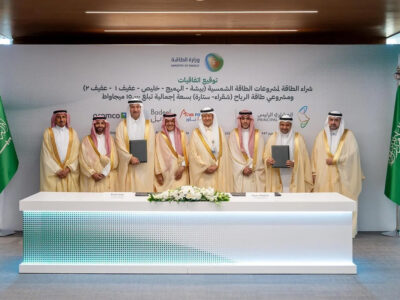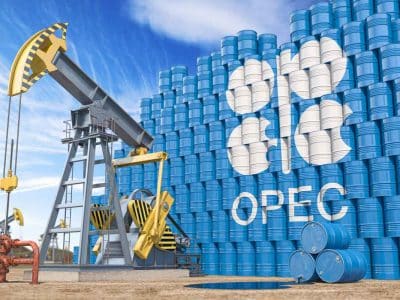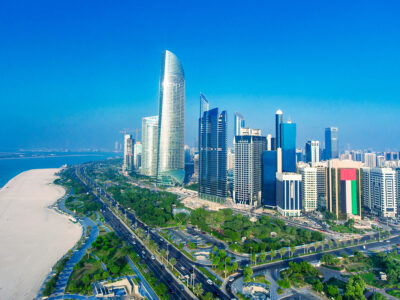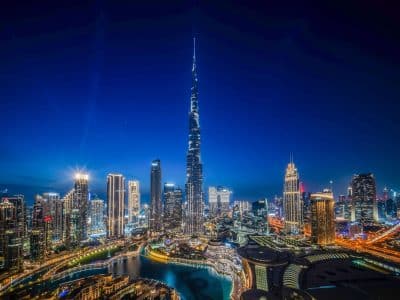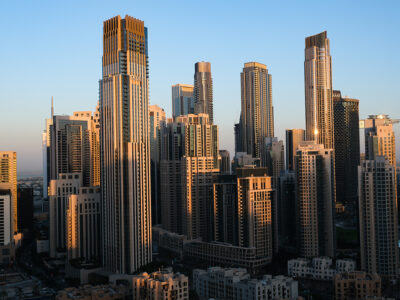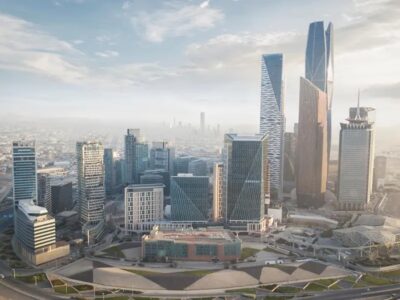Public-private partnerships (PPPs) for sustainable energy projects are on the rise regionally with Abu Dhabi and Saudi Arabia leading the way. Financially and environmentally, the projects make sense.
While sustainably produced electricity and water were always favoured for their ecological benefits, they historically had the disadvantage of having a high cost of production and were often not financially viable for the region’s renewable energy-producing companies, explained Peter McCreanor, CEO of Tribe Infrastructure Group, an infrastructure advisory and development company headquartered in Abu Dhabi.
This has recently changed, fuelled by consumer demand for sustainably produced electricity and water, as environmental issues and the future of the planet are increasingly a global concern, explained McCreanor.
“The only way that you do that effectively is you have to make those utilities affordable and therefore you have to work on driving the price per kilowatt-hour or the price per cubic meter of water or wastewater down,” explained McCreanor.
The recent example of the Saudi solar power plant which set a record low price for power at $10.4 per megawatt hour last week is proof that the region is succeeding in doing just that, said McCreanor.
“Clean energy being produced at record low prices is a fantastic thing for the region and that’s what’s driving the business activity,” said McCreanor.
“You’ve got professional organisations and corporates that are bidding into these projects, with Masdar leading the way in the region around aggressively and competitively pricing them to make good business sense as much as they are making good sustainability sense,” he continued.
 Peter McCreanor, CEO of Tribe Infrastructure Group
Peter McCreanor, CEO of Tribe Infrastructure Group
Regionally, PPPs for such large scale sustainable energy productions, where governments bring in private sector partners instead of funding them “straight out of pocket”, are on the rise.
“There is no doubt that in an environment where you have a vastly growing youth population as you do in the GCC, where you have governments looking much more closely at their fiscal management and budgets and a move towards reduction of subsidies, that PPPs are going to increase in this region,” said McCreanor.
Both Abu Dhabi and Saudi Arabia are accelerating the development of projects in the PPP model, said McCreanor, although managing such projects does come without challenges.
“While there is no shortage of appetite and energy from bidding parties to go and look at such projects, there’s a whole heap of agencies and funding that needs to come together,” said McCreanor.
“I think one of the challenges of putting those projects together is the fact that you’ve got to be nimble enough and weave your way through the maze of those regulatory approvals to get governments all lined up,” he continued.
Tribe, which moved to Abu Dhabi Global Market in 2016, was Dubai Municipality’s lead advisor on its waste to energy project which closed earlier in April. It is currently advising on projects in Saudi and is looking at other projects around the GCC, said McCreanor, in addition to projects in Asia, some of which it will operate.
Tribe also has a joint venture partnership with Masdar for its waste to energy projects in Australia with a capital value in the excess of $2 billion.
